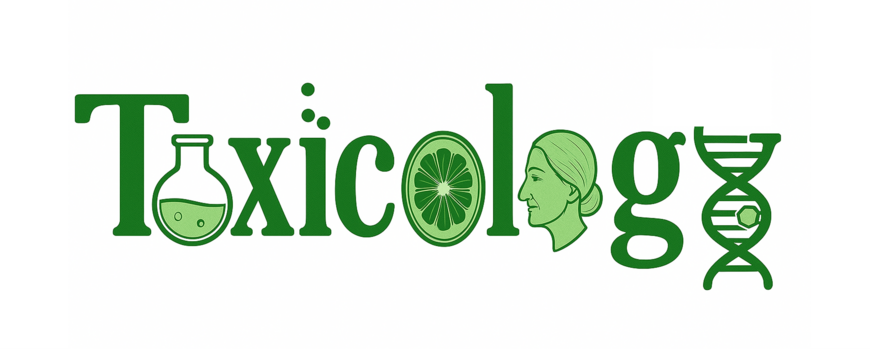Research
The Nutritional Toxicology group investigates molecular and cellular mechanisms by which dietary factors and potentially toxic food constituents affect biological processes. Our main focus is on genotoxicity and cellular stress responses involved in ageing processes and disease development. Using 3R-compliant model systems, including C. elegans and human cell cultures, we study toxicological mechanisms and their biological significance at the molecular level.
Mechanistic Nutritional Toxicology
Our research investigates how food-associated substances and potential toxicants affect biological systems. We focus on mechanistic studies of genotoxic effects as well as cellular stress and adaptive responses. In this context, we analyze their role in maintaining cellular homeostasis and in the development of pathophysiological and age-associated changes. Our aim is to understand the underlying molecular and cellular processes and to assess their relevance for human health.
Relevance of the Research
In addition to genetic factors, environmental and dietary conditions play a major role in long-term health. Foods may contain not only essential nutrients but also undesirable or potentially harmful substances, including naturally occurring contaminants, process-related contaminants, and bioactive compounds with genotoxic or stress-inducing properties. For many of these substances - and particularly for their combined effects - there remains a substantial need for research into the underlying biological mechanisms.
Our work provides mechanistic evidence for the evaluation of biological effects and contributes, in the long term, to science-based risk assessment and the development of preventive strategies in the fields of nutrition and health.
Research Questions
- How do food-associated substances and potential toxicants affect key cellular processes such as genome integrity, stress responses, and metabolic regulation?
- Which molecular and cellular mechanisms mediate genotoxic and cytotoxic effects, and how are these manifested at the organismal level (e.g., in C. elegans)?
- How do multiple substances act in combination, and which interactions determine their overall effects at the molecular and cellular level?
- How can 3R-based experimental strategies be further developed to generate mechanistic data relevant for the evaluation of health effects?
Specific Research Areas
- Genetic toxicology and the DNA damage response: Mechanisms of DNA damage, repair, and the maintenance of genomic stability.
- Cellular stress and adaptive responses: Molecular signaling pathways of the stress response and their role in cellular homeostasis and function.
- PARP signaling and NAD⁺ metabolism: The role of poly(ADP-ribosyl)ation and NAD⁺-dependent processes in DNA repair, energy metabolism, and stress regulation.
- Mixture toxicology and combined exposures: Mechanistic analysis of interactions and overall effects of multiple substances at the molecular and cellular level.
- Gerontotoxicology and molecular mechanisms of aging: The impact of toxic exposures on age-associated changes and on cellular function and adaptive capacity across the lifespan.
Model Systems and Methodology
Our research is based on 3R-compliant biological models, in particular:
- Human cell culture systems
- C. elegans as an established biological model organism
These systems enable targeted genetic modifications (e.g., CRISPR/Cas9, RNAi), fluorescence-based reporter assays, high-resolution imaging, and mass spectrometry–based analyses to investigate molecular and biochemical endpoints.
Collaborations
We collaborate with academic and non-academic partners at the local, national, and international levels, in particular with the German Federal Institute for Risk Assessment (BfR, Berlin) and the German Institute of Human Nutrition (DIfE, Potsdam-Rehbrücke), and we welcome new scientific collaborations.

